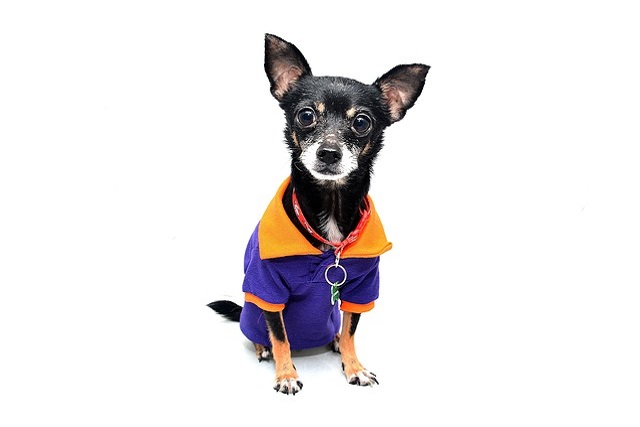
Can a cold in a dog be transmitted to other dogs
In the morning, the usually energetic dog lies in its nest with a drooping head and occasionally sneezes, releasing clear nasal water.
In the morning, the usually energetic dog lies in its nest with a drooping head and occasionally sneezes, releasing clear nasal water. Watching its listless appearance, you feel heartbroken and even more worried that other dogs at home may also be infected. Dogs are indispensable members of many families, filling our lives with warm companionship. When health lights up, every subtle symptom touches the hearts of their owners. The question of whether dog colds can be transmitted to each other not only involves professional veterinary knowledge, but also carries the owner's deep concern and care for the health of the furry children.
Before discussing whether a dog cold can be contagious, we need to clarify the definition of "dog cold". The commonly referred to dog cold is not a precise medical term, and it may cover various situations. One of them is the common cold, which is mainly caused by environmental factors such as sudden temperature changes, failure to dry hair in a timely manner after bathing, and staying in cold and humid places for a long time, leading to a decrease in the dog's body resistance and causing mild inflammation of the upper respiratory tract. At this time, the dog may experience symptoms such as sneezing, runny nose, mild cough, lack of energy, and decreased appetite. Another more common and easily confused common cold is canine infectious upper respiratory disease, also known as "canine cough". It is caused by various pathogens, including canine parainfluenza virus, canine adenovirus, and Bordetella bronchiseptica. Compared to the common cold, canine cough is more contagious and can easily spread in densely populated environments such as pet hospitals, kennels, and dog gathering places.
The common cold is generally not contagious. It is essentially a local inflammatory response in the upper respiratory tract caused by the imbalance of bodily functions in dogs due to environmental stress. Just like the common cold caused by catching a cold in humans, it is a fluctuation of one's own immune system in a specific environment, not dominated by infectious pathogens. When a dog catches a cold due to catching a cold after showering, there are no pathogenic factors in its body that can be transmitted to other dogs, so there is no need to worry about it spreading this cold to its companions. However, although the common cold is not contagious, we cannot take it lightly. Owners need to provide a warm and comfortable environment for sick dogs, such as laying soft blankets in their kennels to prevent them from catching cold again; Give nutritious and digestible food, such as chicken Congee and nutritional cream, to help it strengthen the body's resistance; At the same time, closely observe changes in symptoms. If the condition does not improve or even worsens, it should be taken to a pet hospital for treatment in a timely manner.
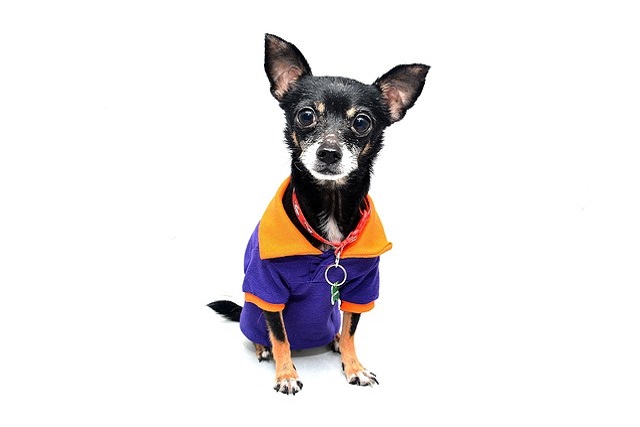
The infectivity of canine infectious upper respiratory diseases should not be underestimated. These pathogens can spread between dogs through multiple pathways. The main mode of transmission is airborne. When sick dogs cough or sneeze, they release droplets containing pathogens into the air. Surrounding dogs may be infected by inhaling these droplets. For example, in the waiting area of a pet hospital, if a dog with dog bed cough coughs a few times, nearby healthy dogs waiting for treatment are at risk of being exposed to the pathogen. In addition, contact transmission is also an important pathway. Dogs licking each other, sharing food and water basins, and intimate contact during play can all allow pathogens to spread from sick dogs to healthy dogs. In a kennel, the living space of dogs is relatively tight. If a dog is infected with a contagious upper respiratory disease and not isolated in time, it can quickly lead to the entire pack of dogs being infected.
Dogs infected with infectious upper respiratory diseases often have more severe and complex symptoms than a common cold. In addition to common sneezing, runny nose, and coughing, the sound of coughing is usually unique, presenting a "goose like" sound, and the frequency of coughing is high, sometimes accompanied by vomiting. As the condition progresses, dogs may experience symptoms such as fever, difficulty breathing, mental fatigue, and loss of appetite. Watching the once lively dog suffer unbearable pain from illness, the owner's heart is filled with agony, wishing to bear this pain for it. Once symptoms of suspected canine infectious upper respiratory disease are detected in a dog, it must be immediately isolated to avoid transmission to other dogs, and sent to a pet hospital for diagnosis and treatment as soon as possible. Veterinarians usually use antiviral drugs, antibiotics, cough suppressants, and other comprehensive treatments based on specific conditions to help dogs overcome diseases.
Preventing the transmission of respiratory diseases between dogs is crucial. For puppies and elderly dogs, their immune systems are relatively weak and they are more susceptible to diseases, so extra attention should be paid to protection. Regularly vaccinating dogs is an effective way to prevent infectious upper respiratory diseases in dogs. Common canine vaccines such as the 6-valent vaccine and the 7-valent vaccine can provide immunity to some pathogens that cause cough in dogs. At the same time, try to avoid letting dogs go to places with dense dog populations and poor hygiene conditions. If it is necessary to go, such as going to a pet hospital for treatment, dogs can wear pet specific masks to reduce the risk of infection. Keeping the living environment of dogs clean and hygienic, regularly cleaning and disinfecting dog beds, toys, utensils, etc., can effectively kill pathogens in the environment. In addition, strengthening dogs' daily exercise, balancing their diet, and ensuring a balanced nutrition can help improve their immune system and give them stronger resistance to disease invasion.
The health of a dog is the owner's greatest wish. Whether it's the common cold or infectious respiratory diseases, we need to deal with them with professional knowledge and careful care. When we understand the truth about whether dog colds can be transmitted to each other, we can be more calm when facing dog health problems, take timely and correct measures, protect the health and happiness of every furry child, and let them continue to accompany us through countless beautiful times.

In the morning, the usually energetic dog lies in its nest with a drooping head and occasionally sneezes, releasing clear nasal water.
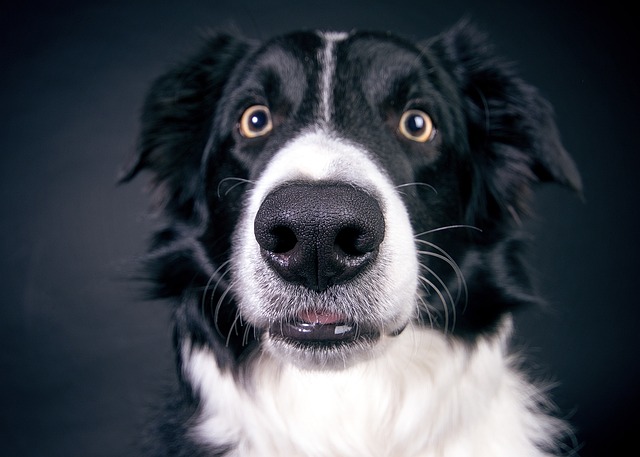
When the dog that accompanies you day and night suddenly stops jumping to the food bowl as usual, and even trembles uncontrollably, every owner's heart will tighten instantly.
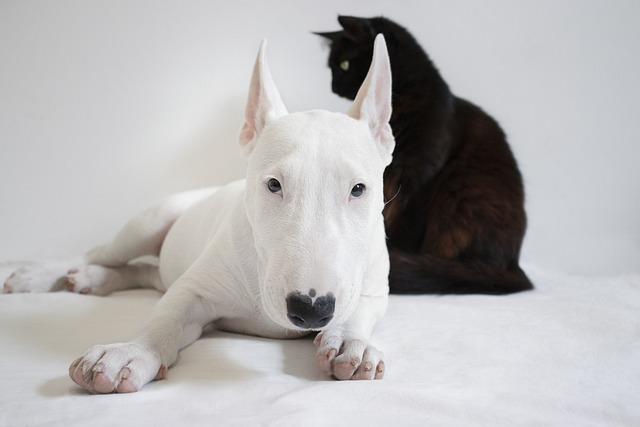
When our lively furry friends, who used to light up at the sight of food, suddenly lose interest in their favorite snacks and even start vomiting, every owner's heart tightens instantly.
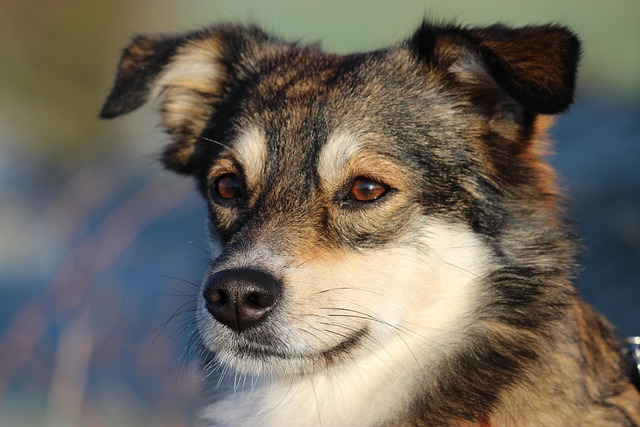
In the late night, the dog that was originally quietly sleeping suddenly and restlessly rubs on the floor, scratches its skin frantically with its paws,

When the old companion at home no longer has a vigorous gait and the once bright eyes are covered with a layer of mist, every dog owner has to face a heavy and unavoidable topic — the health, as well as the life and death, of senior dogs.
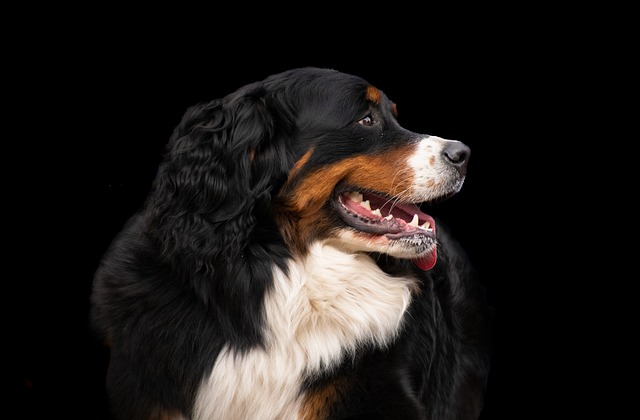
The silent and loyal companionship of dogs is the warmest comfort in life. However, when heart diseases quietly erode their health, those subtle changes are often easily overlooked.